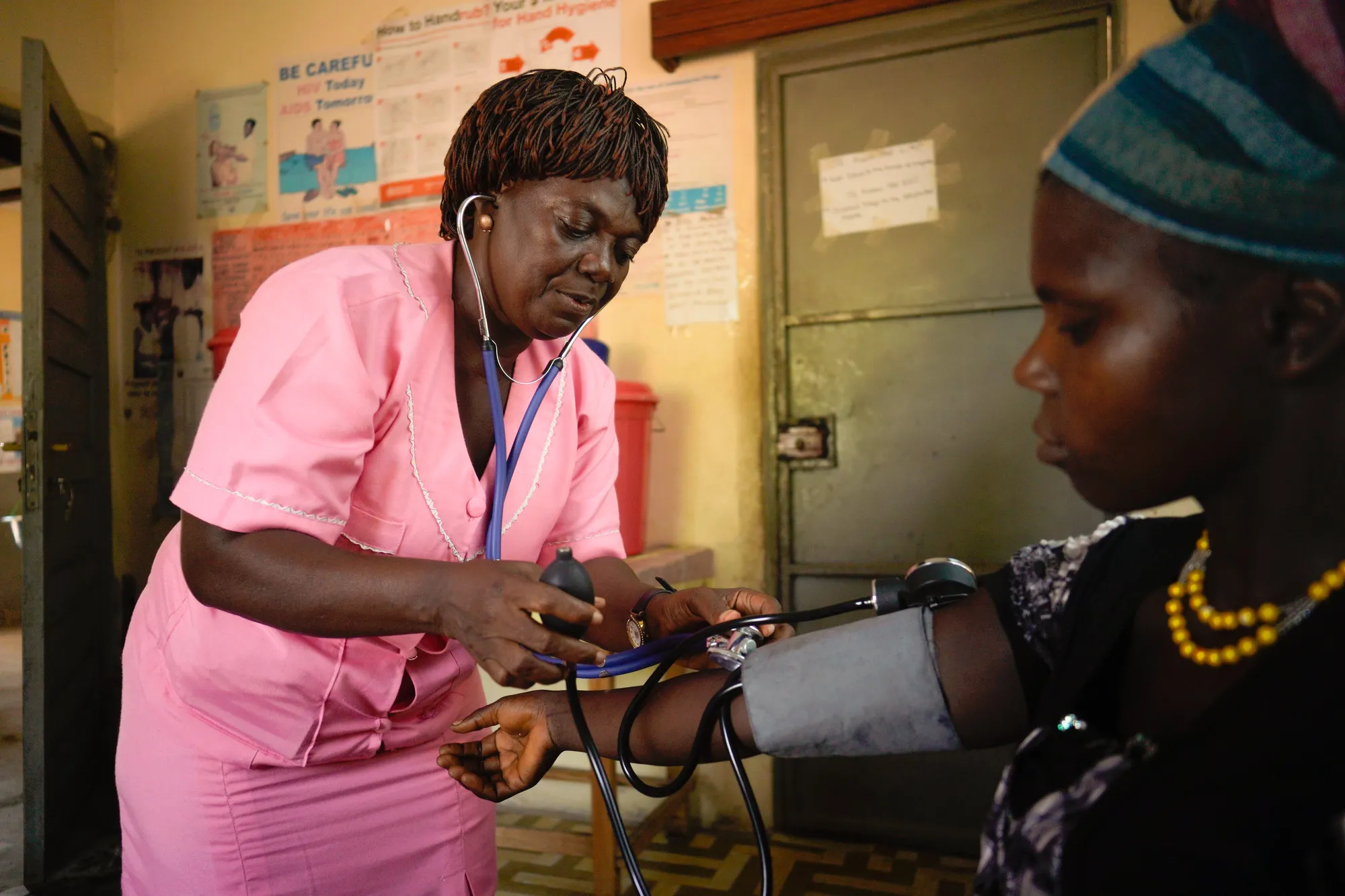As the international debate rages around vaccine nationalism, the world is ignoring one of the most important investments we need to make to ensure fast and fair global vaccine distribution: fair pay and decent working conditions for those who deliver the vaccines, the majority of whom are women. No matter what we spend on vials of vaccines, it will all be worthless if those vaccines don’t make it into patients. Vaccines are useless without delivery systems.
Vaccine delivery systems are mostly made up of people. When I first started my career, I spent 2 weeks working on polio vaccination campaigns in rural Mali, literally walking house to house with a cooler full of vaccines, a clipboard, and a permanent marker to color in the fingernail of every kid who got vaccinated so we didn’t give someone two doses by accident. I worked with two Malian community health workers, and every morning we went to a health center staffed by four nurses to pick up our supplies. At the end of two weeks, we got $2 in “salary” to pay for our lunches and transportation.
Vaccines are useless without delivery systems.
For millions of people around the world, that’s what receiving the COVID-19 vaccine will look like. Maybe someone will knock on their door and administer the shot. Or maybe they will walk to the local health center 10 miles away where a woman who gets at best a small per diem gives them a shot, with support from local volunteers who don’t get paid at all. That’s not good enough. We need to respect, protect, and pay the health workers who make vaccine delivery possible.

